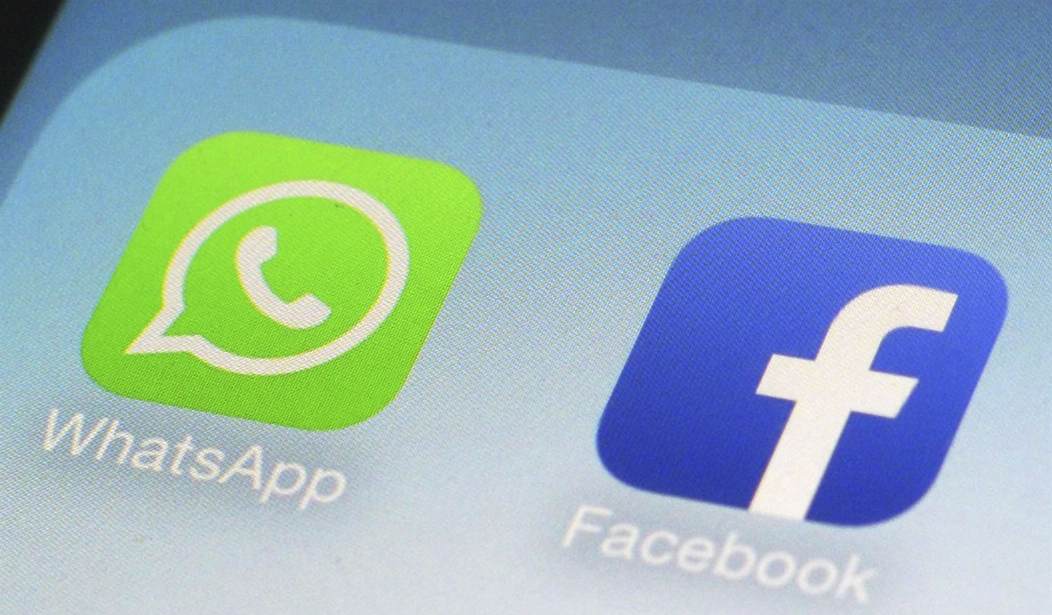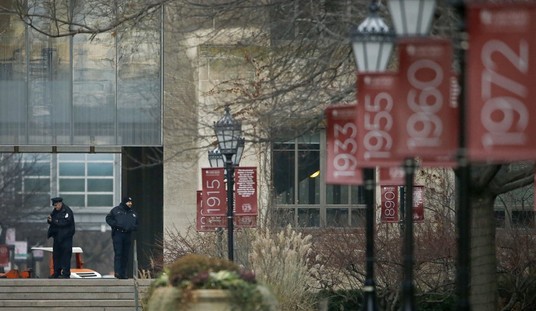"Misinformation" is a term that's dominated the culture since the beginning of the coronavirus pandemic. By definition, misinformation is described as "false or inaccurate information, especially that which is deliberately intended to deceive." Tech giants like YouTube and Facebook have made moves to combat misinformation, though many argue that it crosses over into censorship. But how many Americans think misinformation is a problem, and do they think they contribute to the spread of it?
A poll released Friday, conducted by The Associated Press-NORC Center for Public Affairs and the University of Chicago's Pearson Institute, found that 95 percent of Americans believe that the spread of misinformation is a problem when it comes to gaining information about current events and pressing issues, including 81 percent of respondents who claim its a "major" problem.
More specifically, the poll found that 72 percent of respondents think politicians are "a great deal or quite a bit" responsible for the spread of misinformation. Seventy-three percent of respondents said the same about social media companies, and 77 percent said the same for social media users. Forty-eight percent of respondents felt this sentiment about the U.S. government.
The poll asked respondents if specific foreign governments contribute to the spread of misinformation. Fifty-three percent said the Chinese government is "a great deal or quite a bit" responsible for the spread of misinformation." Fifty-four percent said the same for the Russian government, 39 percent for the Iranian government, and 41 percent for other countries.
In the poll write-up, it notes, "Republicans are more likely than Democrats to say that the Chinese government has a large responsibility for spreading misinformation (63% vs. 52%). In addition, older adults are significantly more likely than younger adults to say foreign governments have a large responsibility for spreading misinformation."
Recommended
Out of all the respondents, 41 percent are "very" or "extremely" worried that they've been exposed to misinformation, but only 20 percent are concerned that they've contributed to the spread of it.
The poll was conducted from Sept. 9 to Sept. 13 with 1,071 adults. The margin of sampling error is +/- 3.9 percentage points.
























